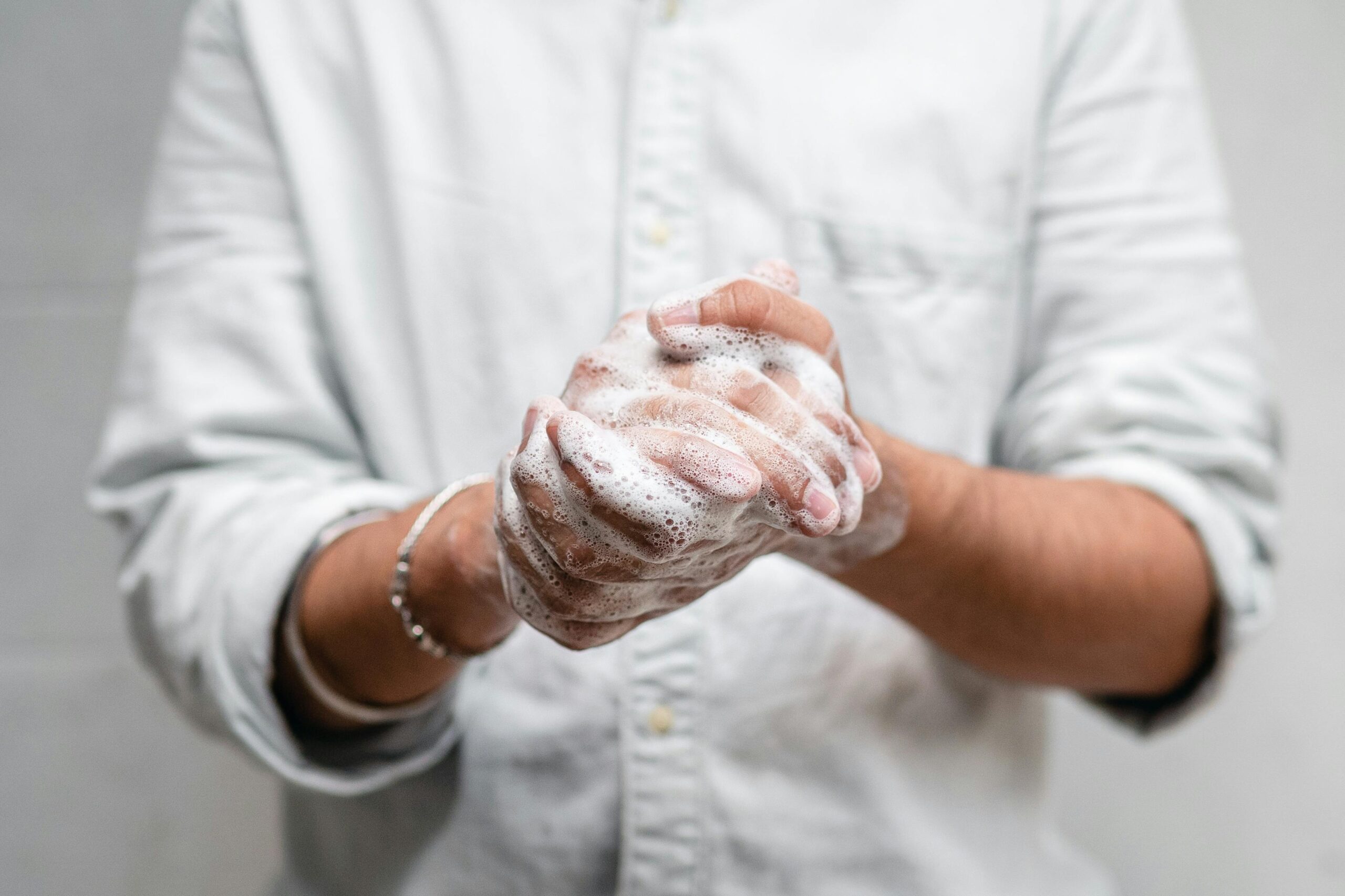Hygiene has always been a fundamental aspect of the hospitality industry, but recent global events have underscored its critical importance in ensuring the health and safety of guests and staff. This article explores the various measures and best practices that hotels, catering services, and the broader hospitality sector are implementing to maintain rigorous hygiene standards and provide guests with peace of mind.
- Enhanced Cleaning Protocols: Hotels and catering services have ramped up their cleaning practices to include frequent disinfection of high-touch surfaces such as doorknobs, elevator buttons, and dining tables. The use of hospital-grade cleaning products and advanced cleaning techniques helps mitigate the risk of germs spreading.
- Hand Hygiene: Proper hand hygiene is crucial in preventing the transmission of germs. Hand sanitizing stations are now a common sight in hotels and catering events, encouraging guests and staff to maintain clean hands. Regular handwashing and the availability of hand sanitizers contribute to a safer environment.
- Food Safety Measures: Catering services have heightened their focus on food safety protocols. From sourcing ingredients from reputable suppliers to maintaining strict temperature controls during food preparation and transportation, these measures minimize the risk of foodborne illnesses.
- Physical Distancing: To adhere to physical distancing guidelines, hotels and catering services have reconfigured their spaces and layouts. Tables in dining areas are spaced out, and event setups are designed to ensure a safe distance between attendees. This practice helps reduce the potential for close contact.
- Contactless Solutions: Many hotels and catering services are embracing contactless solutions to minimize physical interactions. Contactless check-in and check-out procedures, digital menus, and cashless payment options reduce the need for direct contact, providing added safety and convenience.
- Staff Training: Comprehensive staff training is a cornerstone of maintaining hygiene standards. Employees are educated on proper sanitation practices, including how to handle food safely, clean and disinfect surfaces effectively, and wear personal protective equipment (PPE) when necessary.
- Guest Communication: Transparency is essential in reassuring guests of the hygiene measures in place. Hotels and catering services communicate their hygiene protocols through various channels, including websites, social media, and in-room materials, ensuring that guests are well-informed and confident in their choices.
- Ventilation and Air Quality: Adequate ventilation and air quality are vital components of maintaining a hygienic environment. Hotels and event spaces are investing in advanced HVAC systems that ensure proper air circulation and filtration, reducing the concentration of airborne contaminants.
- Health Screening: Some hotels and catering services have implemented health screening measures, such as temperature checks for guests and staff. This initial assessment helps identify potential health risks and prevents individuals with symptoms from entering the premises.
- Collaboration with Health Authorities: The hospitality industry is actively collaborating with health authorities to stay updated on the latest guidelines and recommendations. By aligning their practices with official health advice, hotels and catering services can maintain a proactive and effective approach to hygiene.
In conclusion, maintaining hygiene standards in the hospitality industry is a top priority that reflects a commitment to guest safety and well-being. Through a combination of enhanced cleaning practices, hygiene protocols, and technology-driven solutions, hotels and catering services are creating environments that prioritize health and provide guests with a comfortable and secure experience.




